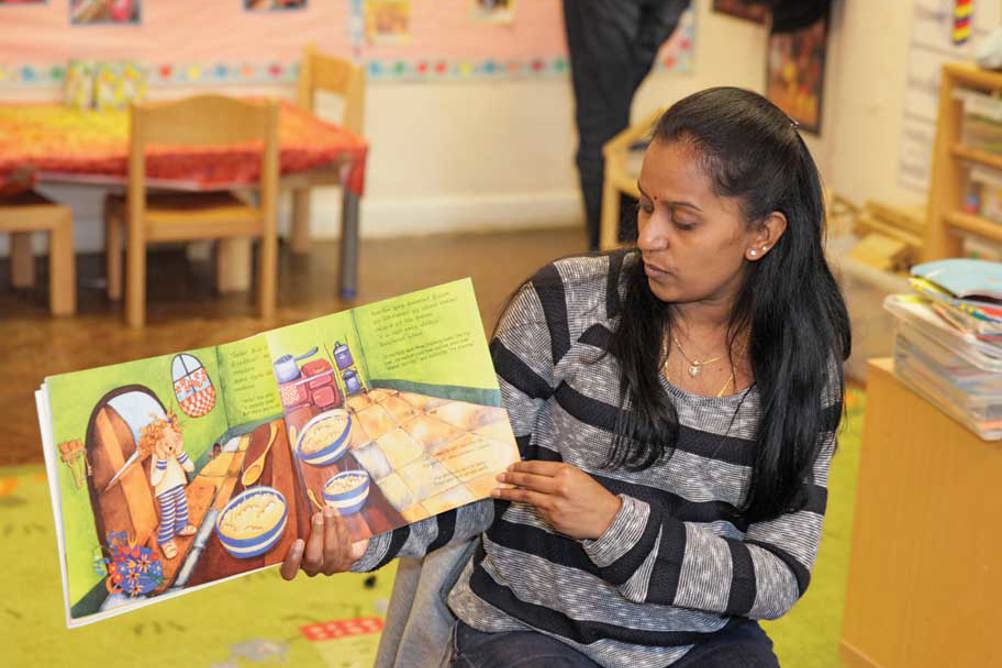units at Level 4 in its work-based Early Years Educator course.
Gabriella Jozwiak reports.

City & Guilds is a skills development organisation that provides more than 500 qualifications over 28 industries. Its origins lie in the capital's livery companies, which were aimed to support craftsmen and members of other vocational industries. It has designed two Early Years Educator (EYE) courses in response to recommendations on qualifications made by Professor Cathy Nutbrown's 2012 review.
The Nutbrown review triggered the organisation's decision to take the work-based units to a higher level. City & Guilds health and social care and children portfolio adviser Suzi Gray says, 'Nutbrown was concerned about the level of understanding practitioners were encouraged to obtain about the core competencies of child development, developmental theory and observation and assessment of children's needs.
Register now to continue reading
Thank you for visiting Nursery World and making use of our archive of more than 35,000 expert features, subject guides, case studies and policy updates. Why not register today and enjoy the following great benefits:
What's included
-
Free access to 4 subscriber-only articles per month
-
Unlimited access to news and opinion
-
Email newsletter providing activity ideas, best practice and breaking news
Already have an account? Sign in here
